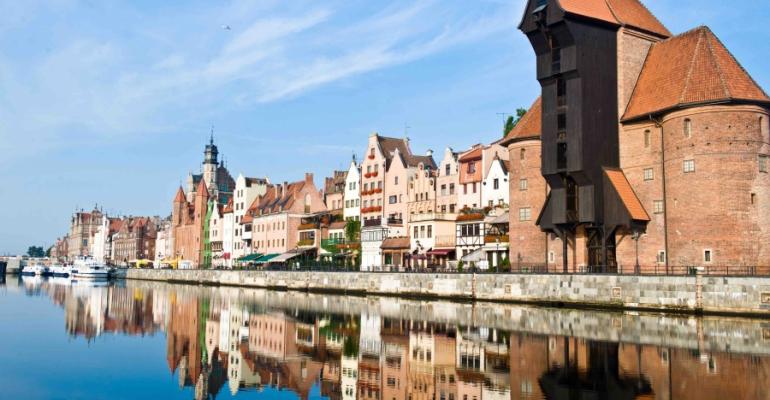According to a new Economic Impact Study undertaken by G.P. Wild, the cruise industry generated a total output of €1.5bn in 2018, which supported 12,595 jobs in the Baltic region.
€681m was directly generated by cruise guests, crew and cruise line spending.
The study also shows that the cruise guests account for approximately 60% of all spending in the Baltic region representing €407.3m.
‘The Baltic Sea is a vibrant hub for cruising and has set records in both calls, turnarounds and cruise numbers in 2018. This all translates into substantial economic benefits for the region,’ says Claus Bødker, director of Cruise Baltic.
‘We are very proud to be working in an industry that has such a positive impact on the local economy,’ he added.
High guest satisfaction
Bødker emphasizes that the records in cruise guests and thus the economic benefits are first and foremost caused by Cruise Baltic's high cruise guest satisfaction rates.
‘Together with our destination partners, we work every day to keep our high guest satisfaction rates and offer memorable experiences to attract more cruise guests, which contribute to significant economic benefits for the region. Fortunately, everything indicates that the number of cruise guests with continue to increase in 2019,’ says Bødker.
The Economic Impact Study is based on data collected and estimates for the 29 ports in ten countries which comprise Cruise Baltic. Three ports in Kiel, Riga and St. Petersburg, which are technically not part of Cruise Baltic, are also included in the study to provide a complete picture of the region.
Copyright © 2024. All rights reserved. Seatrade, a trading name of Informa Markets (UK) Limited. Add Seatrade Cruise News to your Google News feed.


